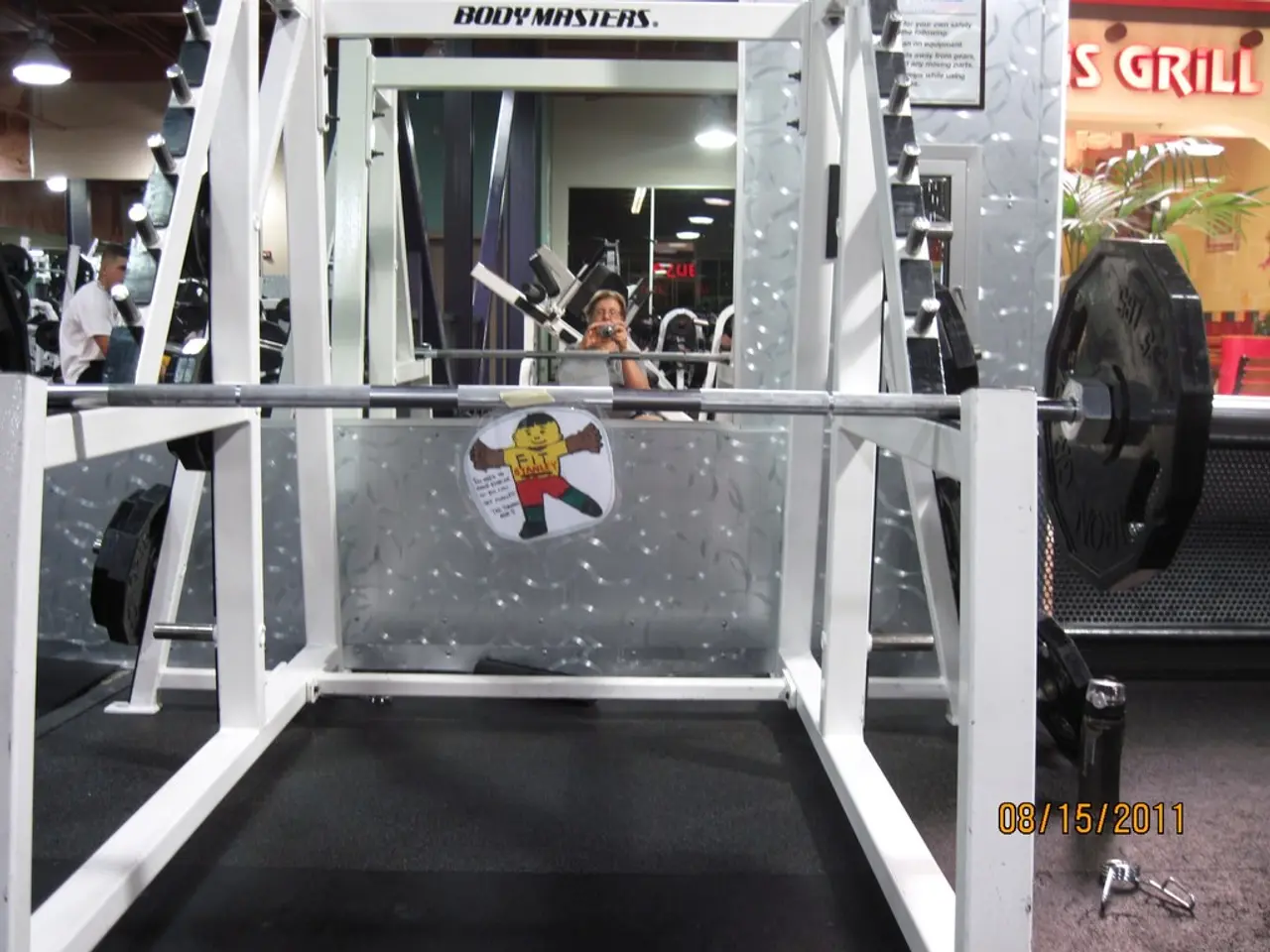Which sport aligns with my capabilities?
A groundbreaking study published in the journal "Frontiers in Psychology" has revealed that our individual personality traits, particularly the Big Five—extraversion, neuroticism, conscientiousness, agreeableness, and openness to experience—significantly influence our preferences for physical activities and their impact on well-being.
The research, led by Professor Flaminia Ronca, a movement physiologist at the University College London, investigates how personality traits affect preferences for a combined cycling and strength training program.
Extraverts, known for their sociable nature, tend to prefer high-intensity workouts and group activities such as team sports or group fitness classes, due to the social interaction inherent in these activities [1][3][4]. On the other hand, individuals with high neuroticism often prefer low-intensity exercises, as high-intensity activities can exacerbate stress and anxiety levels [3][4].
Conscientious individuals are more likely to stick to a regular exercise routine, thanks to their diligence and responsibility [1][3]. Those with high agreeableness may prefer exercises that promote positive interactions, such as yoga or group workouts that emphasize teamwork and mutual support [1][3].
Individuals with high openness might explore a variety of exercises or novel activities, enjoying the experience of trying new things [3][5]. This trait encourages exploration and can lead to a broader range of exercise preferences.
The findings suggest that tailoring exercises to individual personality traits can enhance stress relief. For instance, extroverts might benefit more from high-intensity group workouts, while neurotics might find low-intensity activities more effective [2][3].
Moreover, understanding personality traits can help improve adherence to exercise programs. When individuals engage in activities that match their personality, they are more likely to maintain a consistent exercise routine [2][4][5]. Matched exercise preferences can lead to greater enjoyment and satisfaction, reinforcing the psychological benefits of physical activity, such as improved mood and self-esteem [2][3].
Notably, the study found that individuals with high neuroticism showed a significant decrease in stress levels after the training program. They may need "space for independence and privacy" during their workouts and generally prefer relaxation exercises like stretching [6].
For those interested in learning more about their personality based on the Big Five model, the Wilhelm-Wundt-Institut für Psychologie at Leipzig University offers a free and anonymous test on its website.
In conclusion, recognising how personality traits influence exercise preferences can lead to more effective and enjoyable physical activity routines, ultimately enhancing both physical and mental well-being.
Individuals with high openness to experience might find a combined cycling and strength training program appealing, as the variety it provides aligns with their enjoyment of trying new things. On the other hand, individuals with high science interest may benefit from understanding the physiological aspects of this program, as it could help them appreciate the benefits and tailor the exercises to their personality traits for improved health-and-wellness outcomes.




